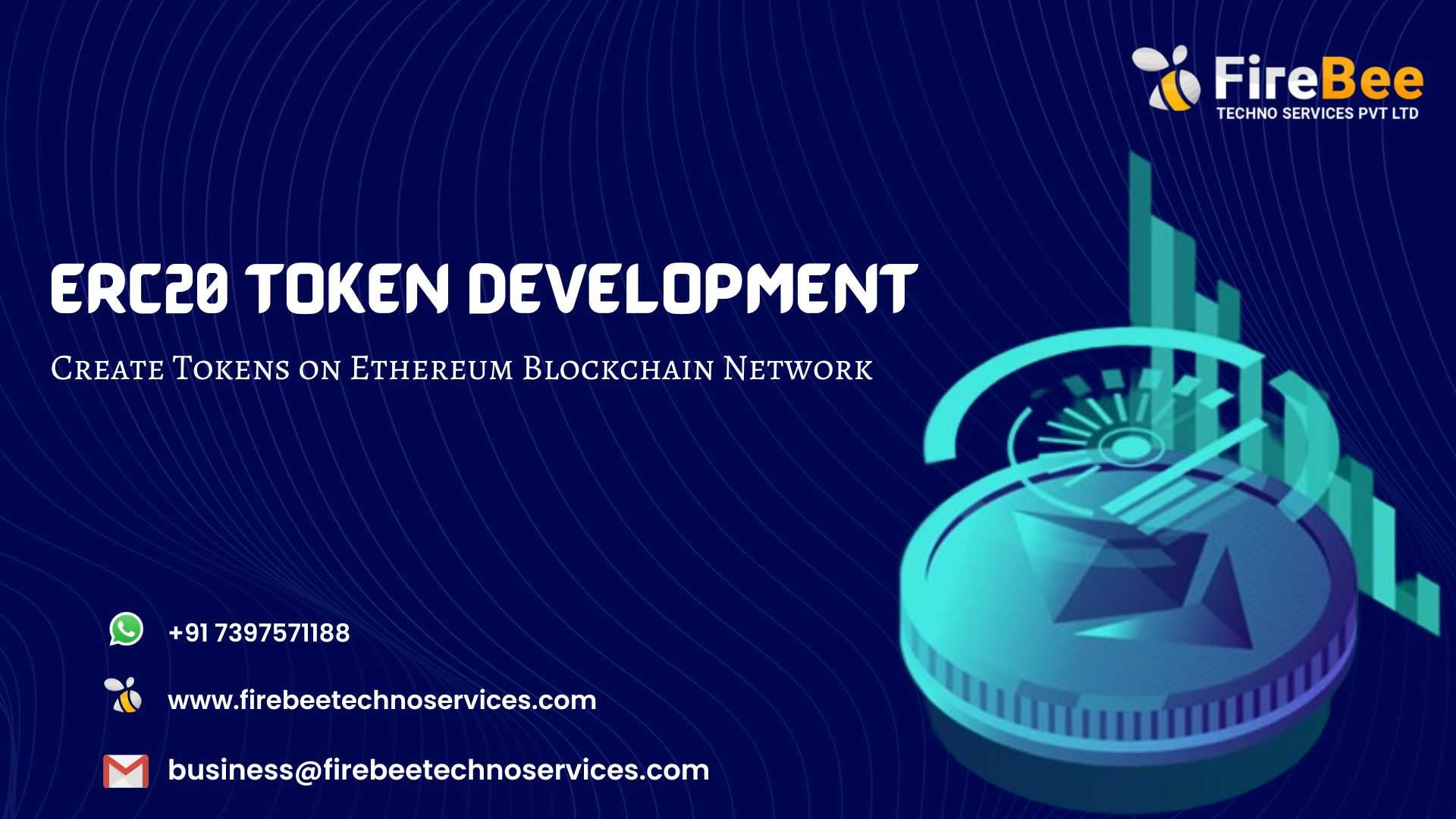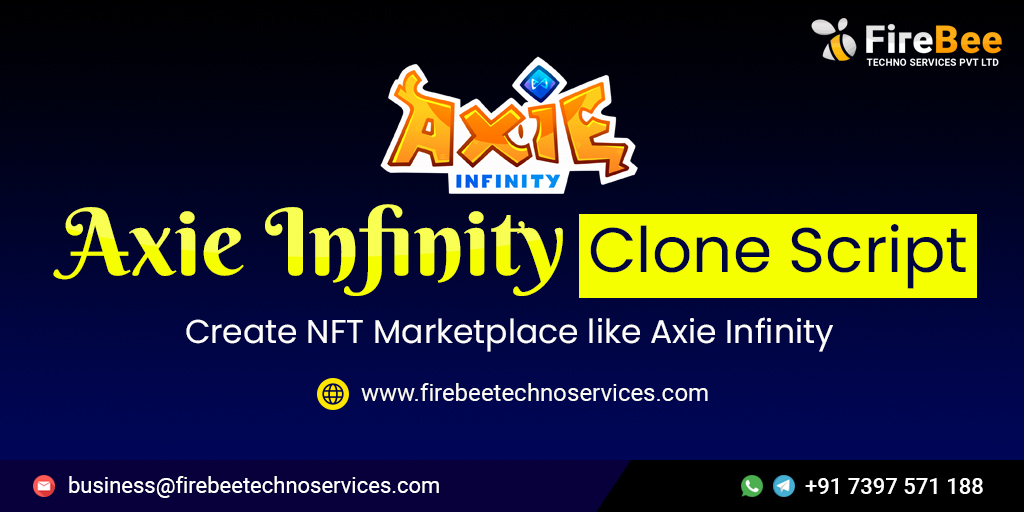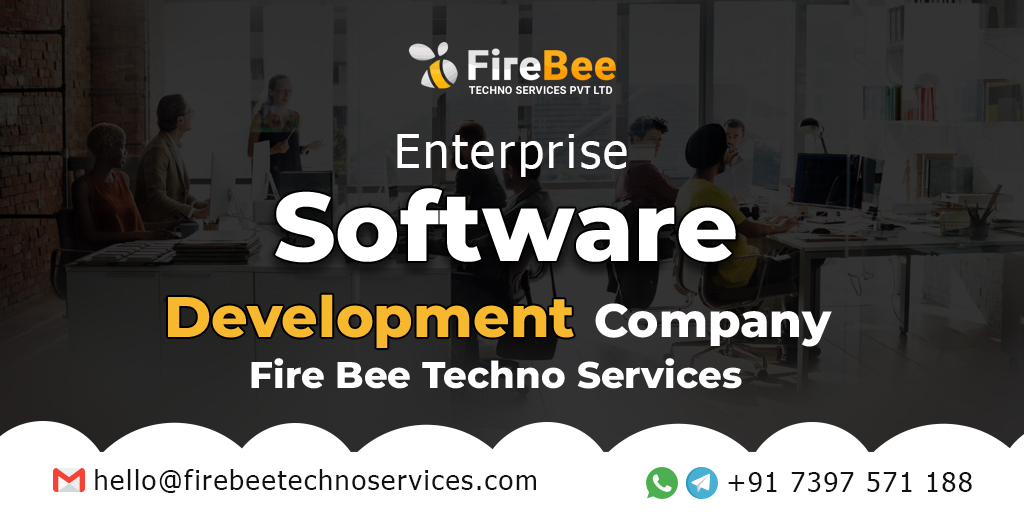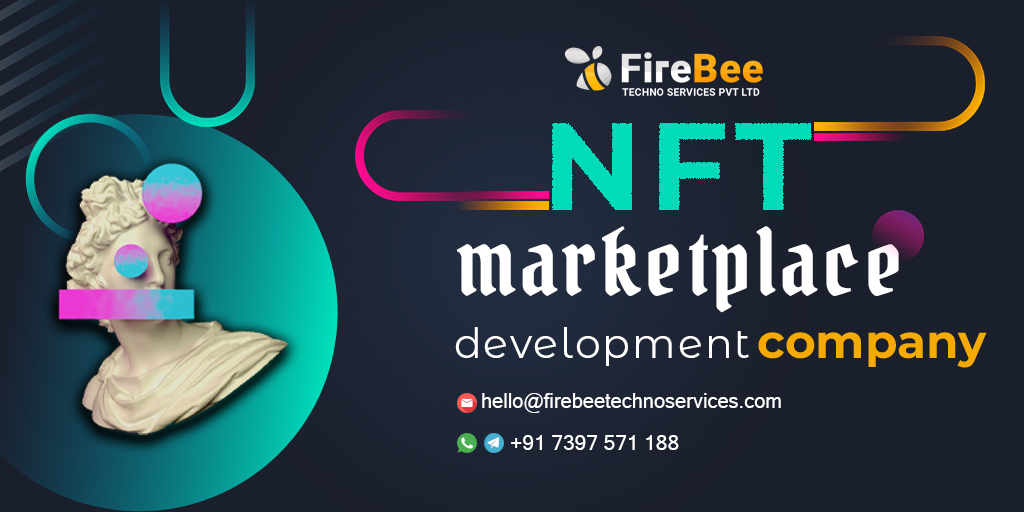

Ethereum 2.0 and Smart Contract Development: What You Need to Know
In the ever-evolving world of blockchain technology, Ethereum has stood out as a pioneer since its inception. With the upcoming Ethereum 2.0 upgrade, the landscape is set to change once again, offering exciting opportunities for entrepreneurs and developers. In this article, we will delve into Ethereum 2.0 and smart contract development, breaking down complex concepts into simple words to help you grasp the potential it holds for your business.
Understanding Ethereum 2.0
Ethereum 2.0, alternately recognized as Eth2 or Serenity, represents a significant enhancement to the preexisting Ethereum blockchain infrastructure. It's designed to overcome some of the limitations of the current Ethereum network and improve its scalability, security, and sustainability.
Proof of Stake (PoS): One of the significant changes in Ethereum 2.0 is the transition from Proof of Work (PoW) to Proof of Stake (PoS). PoS, on the other hand, involves validators who lock up a certain amount of cryptocurrency as collateral to propose and validate blocks. This shift reduces energy consumption and enhances network security.
Sharding: Sharding is a process that divides the Ethereum network into smaller parts or "shards," each capable of processing its transactions and smart contracts. This enables parallel processing, making the network faster and more scalable.
eWASM: Ethereum 2.0 introduces eWASM, which allows developers to write smart contracts in multiple programming languages, making it more accessible for developers with different backgrounds.
Smart Contract Development on Ethereum
Intelligent agreements manifest as self-executing contracts, wherein the stipulations of the arrangement are seamlessly encoded into the digital script. They run on the Ethereum blockchain and automate various functions, removing intermediaries and enhancing trust in transactions.
Solidity: Solidity is the primary programming language for writing smart contracts on Ethereum. It's similar to JavaScript and relatively easy for developers to learn. With Ethereum 2.0, you can also use eWASM to write smart contracts in other languages like Rust and C++.
Decentralized Applications (DApps): Smart contracts are the backbone of decentralized applications or DApps. These are applications that run on the blockchain and can have various use cases, from finance to supply chain management. Ethereum 2.0's improved scalability will enable DApps to handle more users and transactions.
Token Creation: Ethereum has given rise to the Initial Coin Offering (ICO) and Decentralized Finance (DeFi) ecosystems, allowing entrepreneurs to create their tokens and launch crowdfunding campaigns. Ethereum 2.0's PoS mechanism will make token creation more sustainable and secure.
Benefits for Entrepreneurs
Now that we've explored Ethereum 2.0 and smart contract development, let's discuss the benefits for entrepreneurs.
Scalability: Ethereum 2.0's sharding feature will greatly enhance the network's capacity, enabling DApps to scale and accommodate more users and transactions. This means your business can reach a broader audience without worrying about network congestion.
Cost-Efficiency: With PoS replacing PoW, transaction costs are likely to decrease, making it more affordable to interact with the Ethereum blockchain. This is especially beneficial for businesses that rely on frequent smart contract interactions.
Security: The PoS mechanism enhances network security by requiring validators to lock up cryptocurrency as collateral. This makes it economically irrational for validators to engage in malicious activities, ensuring a more secure environment for your business operations.
Interoperability: Ethereum 2.0's interoperability features enable your business to seamlessly integrate with other blockchains, expanding your reach and potential partnerships.
Conclusion
Ethereum 2.0 represents a significant milestone in the blockchain space, promising improved scalability, security, and sustainability. Smart contract development on Ethereum continues to evolve, opening up new possibilities for entrepreneurs. Whether you're looking to create DApps, tokens, or automate complex business processes, Ethereum 2.0 is a platform worth exploring. Stay updated on the latest developments in this ever-changing ecosystem, as it can provide your business with a competitive edge in the digital age of decentralized technology.
Visit: https://www.firebeetechnoservi....ces.com/smart-contra
Axie Infinity Clone Script: Building a Lucrative Business in Blockchain Gaming
Creating a blockchain-based gaming platform like Axie Infinity can indeed be a lucrative business opportunity. Axie Infinity has gained immense popularity for its play-to-earn model, where players can earn cryptocurrency by playing the game. If you're considering developing an Axie Infinity clone script, here are the key steps and considerations:
Market Research:
Start by conducting thorough market research to understand the blockchain gaming industry. Analyze your competitors, their offerings, and their user base. Identify gaps in the market that your clone can fill or areas where you can improve upon the existing model.
Blockchain Integration:
Choose a blockchain platform for your game. Ethereum is commonly used for blockchain games, but other options like Binance Smart Chain or Flow can also be considered. You'll need to integrate smart contracts for asset ownership and transactions.
Smart Contracts:
Develop smart contracts that govern the in-game assets, such as characters, items, and currency. These contracts should facilitate the creation, transfer, and ownership of these assets securely on the blockchain.
Game Development:
Develop the game itself, including the front-end and back-end. Consider hiring experienced game developers, designers, and blockchain experts. The game should be user-friendly, bug-free, and provide an enjoyable gaming experience.
Security:
Security is paramount in blockchain gaming. Implement robust security measures to protect user data, assets, and the integrity of the game. Regularly audit your smart contracts for vulnerabilities.
Community Building:
Build a strong community around your game through social media, forums, and online gaming communities. Engage with players, listen to their feedback, and make necessary improvements to the game.
Monetization Strategy:
Decide on your revenue model. You can earn from transaction fees, in-game purchases, and by taking a percentage of player earnings. Be transparent about your monetization strategy to build trust with your player base.
Scaling and Expansion:
As your player base grows, consider scaling your infrastructure to handle increased traffic. You can also explore partnerships and collaborations to expand your game's ecosystem.
Analytics and Feedback:
Use analytics tools to gather data on player behavior and preferences. Use this information to make data-driven decisions and enhance the gaming experience.
Final Words
Remember that developing a blockchain game like Axie Infinity is a complex and resource-intensive endeavor. Success will depend on the quality of your game, the strength of your community, and your ability to adapt to the ever-evolving blockchain gaming landscape. I trust you've acquired an extensive understanding of the Axie Infinity Clone Script and its potential to enhance your business. Get a free demo today.
For more information +91 7397 571 188
Visit: https://www.firebeetechnoservi....ces.com/axie-infinit
AI-Powered Chatbots vs Rule-Based Chatbots: Which is Right for You?
Choosing between AI-powered chatbots and rule-based chatbots depends on your specific needs, goals, and the complexity of the interactions you want the chatbot to handle. Analyzing both variations will aid you in arriving at a well-informed choice.
AI-Powered Chatbots:
Flexibility and Adaptability: AI-powered chatbots, often referred to as "conversational AI" or "contextual AI," are designed to understand and generate human-like responses based on patterns in large datasets. They can handle more complex and varied conversations, making them suitable for a wide range of applications.
Natural Language Understanding: AI-powered chatbots can understand the nuances of natural language, including slang, idioms, and user intent. They use machine learning techniques to improve their understanding over time and can adapt to new language patterns.
Continuous Learning: These chatbots can learn from new interactions and improve their responses. This allows them to provide better and more accurate answers over time, without requiring manual updates to their rules.
Higher Complexity: If your chatbot needs to handle intricate and dynamic conversations, provide personalized recommendations, or engage users in more meaningful ways, an AI-powered chatbot is a better choice. Examples include customer support, virtual assistants, and personalized shopping assistance.
Rule-Based Chatbots:
Structured Interactions: Rule-based chatbots follow a predefined set of rules and decision trees. They are best suited for tasks with well-defined and predictable interactions, where the conversation flow is limited and static.
Quick Deployment: Rule-based chatbots are relatively easier to set up, as you define the rules that guide their responses. If you need a simple chatbot for basic queries and don't expect many variations, this can be a faster solution.
Limited Contextual Understanding: Rule-based chatbots struggle with understanding context beyond the rules provided. They may not handle complex user queries or unexpected input effectively.
Specific Use Cases: Rule-based chatbots are suitable for scenarios where interactions are straightforward and consistent, such as answering FAQs, providing basic information, or assisting with appointment scheduling.
Choosing the Right Approach:
Complexity of Interactions: If your interactions involve a wide range of user inputs, requires understanding context, and adaptability, AI-powered chatbots are the better choice.
Resource and Budget: AI-powered chatbots often require more resources for development, training, and maintenance due to their complexity. Rule-based chatbots are usually more budget-friendly and quicker to deploy.
Long-Term Vision: Consider your long-term goals. If you want to continuously improve user interactions and provide more sophisticated assistance, AI-powered chatbots are better suited for scalability and growth.
User Experience: AI-powered chatbots generally offer a more natural and engaging user experience due to their ability to understand and generate human-like responses.
In summary, if your chatbot requirements are simple, static, and don't demand a high level of conversational complexity, a rule-based chatbot might suffice. However, suppose you aim to provide a dynamic and intelligent conversational experience, especially for applications involving customer engagement, support, and personalization. In that case, an AI-powered chatbot is likely the better choice despite its higher development and maintenance complexity. Fire Bee Techno Services is the top AI Chatbot Development Company. We provide a chatbot within days and get a free demo today.
Visit: https://www.firebeetechnoservi....ces.com/ai-chatbot-d
Build a Profitable NFT Marketplace with White Label Solutions
To build a profitable NFT marketplace using white label solutions, you'll need to follow these steps:
Define your business model: Determine the target audience, niche, and value proposition of your NFT marketplace. Consider the types of NFTs you want to support, such as art, collectibles, or gaming assets.
Choose a white label NFT platform: Research and select a reputable white label NFT marketplace solution provider. Some popular options include OpenSea, Rarible, Mintable, and SuperRare. Evaluate their features, customization options, security measures, and pricing models to find the best fit for your business.
Customize the marketplace: Once you've chosen a platform, work with the white label provider to customize the marketplace's branding, design, and user interface. Ensure that the platform aligns with your business goals and offers a seamless user experience.
Integrate blockchain technology: NFTs are typically built on blockchain platforms like Ethereum or Binance Smart Chain. Integrate the chosen blockchain into your marketplace to ensure secure and transparent transactions. Leverage the white label platform's capabilities to handle blockchain integration smoothly.
Implement user registration and authentication: Develop a user registration and authentication system to ensure secure access to the marketplace. This includes features like email verification, two-factor authentication, and KYC (Know Your Customer) procedures, depending on your regulatory requirements.
Enable NFT creation and listing: Allow users to mint and list their NFTs on your marketplace. Offer user-friendly tools for NFT creation, including image or file upload, metadata entry, and tokenization. Implement a verification process to ensure the authenticity and quality of listed NFTs.
Facilitate buying and selling: Enable users to browse, search, and discover NFTs within your marketplace. Implement features such as bidding, fixed-price listings, and auctions. Provide secure and reliable payment options, including cryptocurrencies and fiat gateways, depending on your target audience.
Ensure strong security measures: Prioritize the security of your NFT marketplace and its users. Implement robust encryption, data protection, and secure smart contract auditing processes.
Establish a revenue model: Determine how you will generate revenue from your NFT marketplace. Common revenue streams include transaction fees, listing fees, featured listings, and premium membership tiers. Consider the value you provide to both creators and collectors when defining your pricing strategy.
Remember that building a profitable NFT marketplace requires continuous adaptation to market trends, user feedback, and regulatory changes. Stay informed about the evolving NFT landscape and iterate your platform accordingly to maintain competitiveness and success. Fire Bee Techno Services is a premier White Label NFT Marketplace Development Company that provides bug-free NFT Marketplaces that let you earn large profits. Request a free demo today.
Visit: https://www.firebeetechnoservi....ces.com/white-label-
Tokens are created with smart contracts, which agree to token standards in addition to different token guidelines. The ERC20 token standard is among the most universally used because it is supported by the Ethereum blockchain.
For any inquiries to contact them via,
Whatsapp/Telegram: +91 7397571188
Mail them via: business@firebeetechnoservices.com
https://www.firebeetechnoservi....ces.com/crypto-token

- 15 posts
-
- Female
- 11-18-95
- Living in United States


